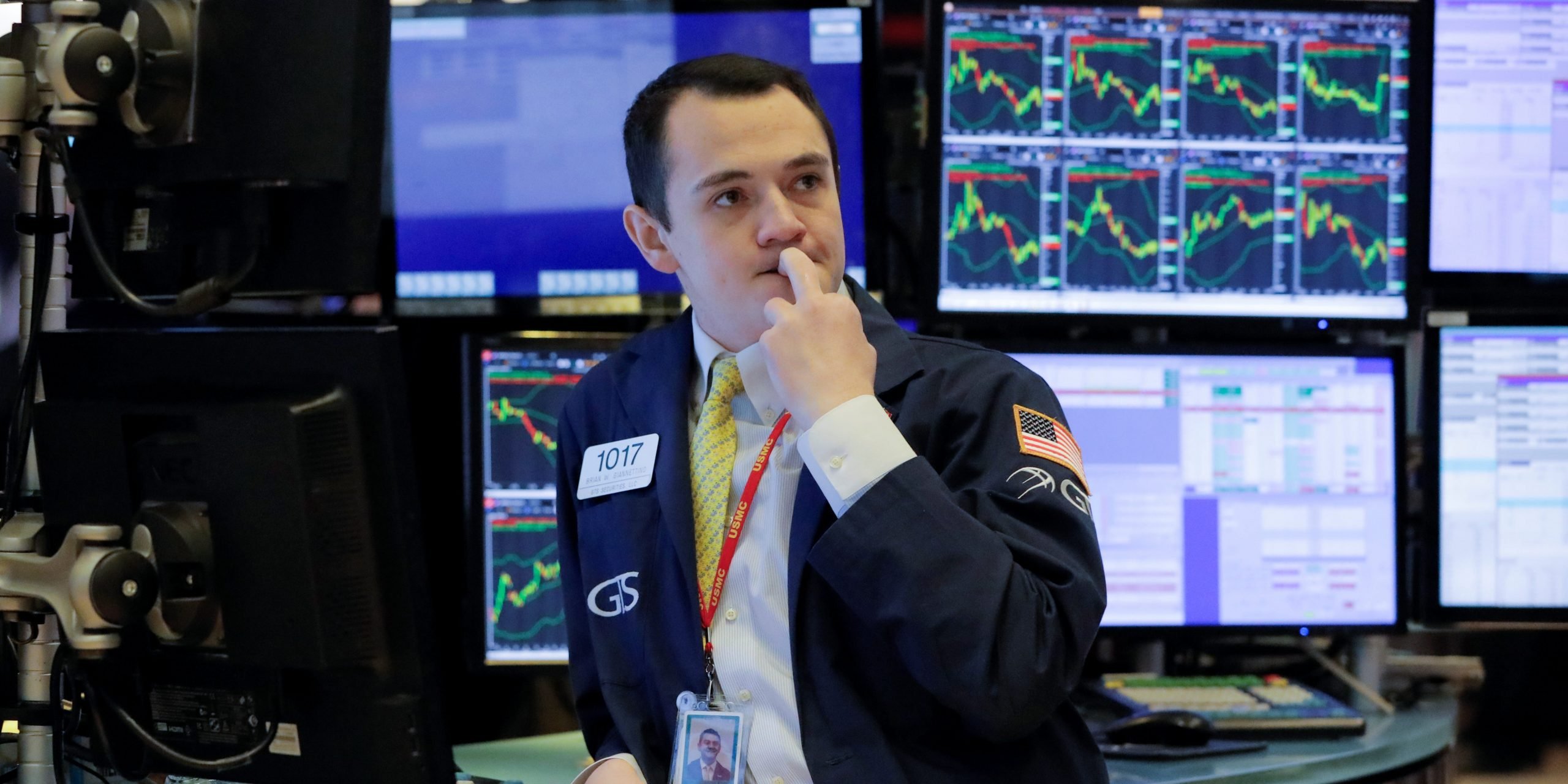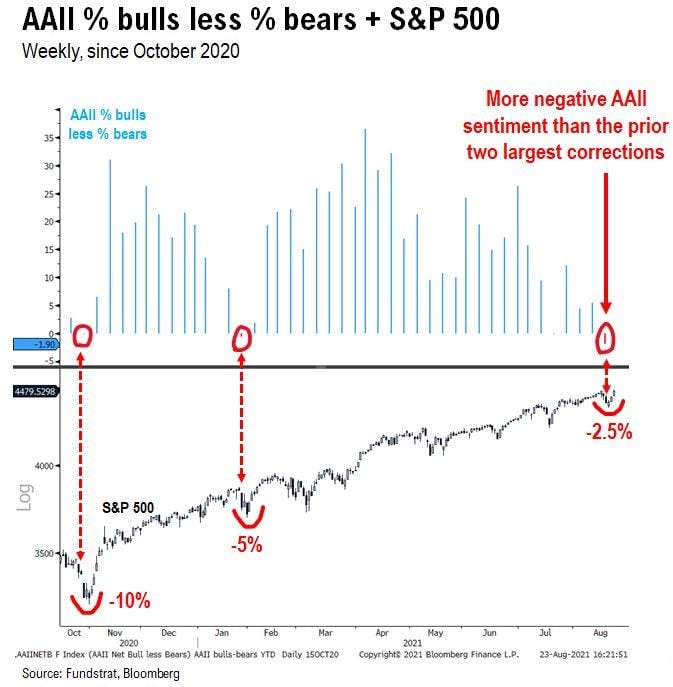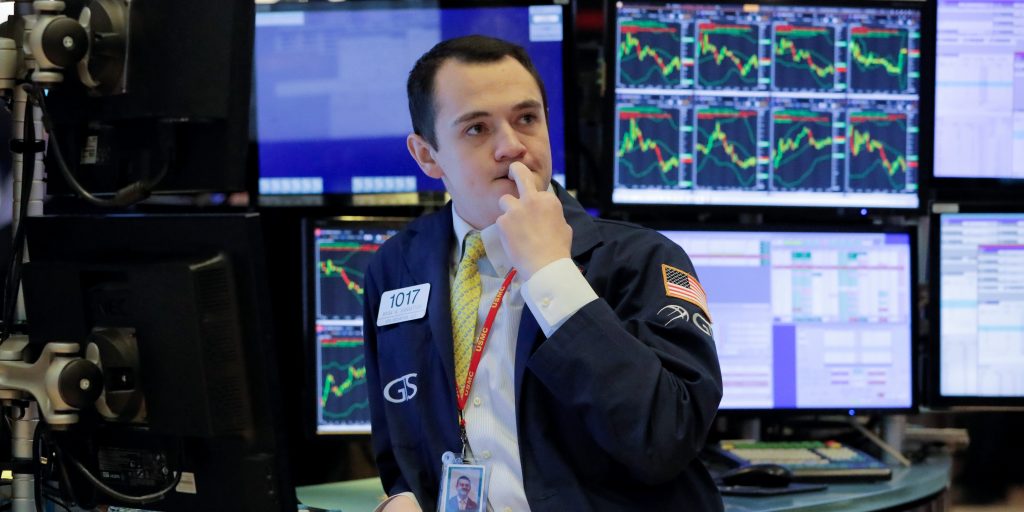
Andrew Kelly/Reuters
- Investors have been raising cash in August even as the stock market hit record highs.
- "Investors liquidate risk assets at a pace not seen in more than a year," Fundstrat's Tom Lee said.
- The cash raised now serves as dry powder that will likely flow back into stocks, according to Lee.
- Sign up here for our daily newsletter, 10 Things Before the Opening Bell.
Investors have turned cautious in recent weeks even as the stock market surged to new record highs, according to Fundstrat's Tom Lee.
In a Tuesday note, Lee highlighted that both institutional and retail investors have raised billions in cash over the past five and three weeks, respectively. That's according to data provided by the Investment Company Institute.
"Investors liquidate risk assets at a pace not seen in more than a year," Lee said, adding that "a lot of dry powder has been raised." The bearishness among investors comes as the S&P 500 just closed at a record high for the 50th time this year.
But that dry powder will likely flow back into stocks as investors shake off their bearish feelings and put the cash back to work. The investor panic seen in recent weeks represents a buying opportunity "if the larger fractal remains positive," Lee said.
While shallow price moves in the broader index haven't showed fear among investors, short-term pops in the VIX definitely have, according to the note. And weakening sentiment among investors is also apparent in the weekly AAII survey, with the difference between bulls and bears at its lowest level since October 2020.
"The Delta-variant and taper talk clearly raised anxiety" among investors, said Lee. But whenever the AAII indicator shows panic among investors, it has paid to buy stocks.
The larger question going forward is whether market risks like the Delta surge, rising inflation, and the recent collapse in consumer sentiment are permanent or transitory. Lee believes they are transitory, leading to his bullish view on stocks, especially in sectors poised to benefit from a continued reopening of the economy.

